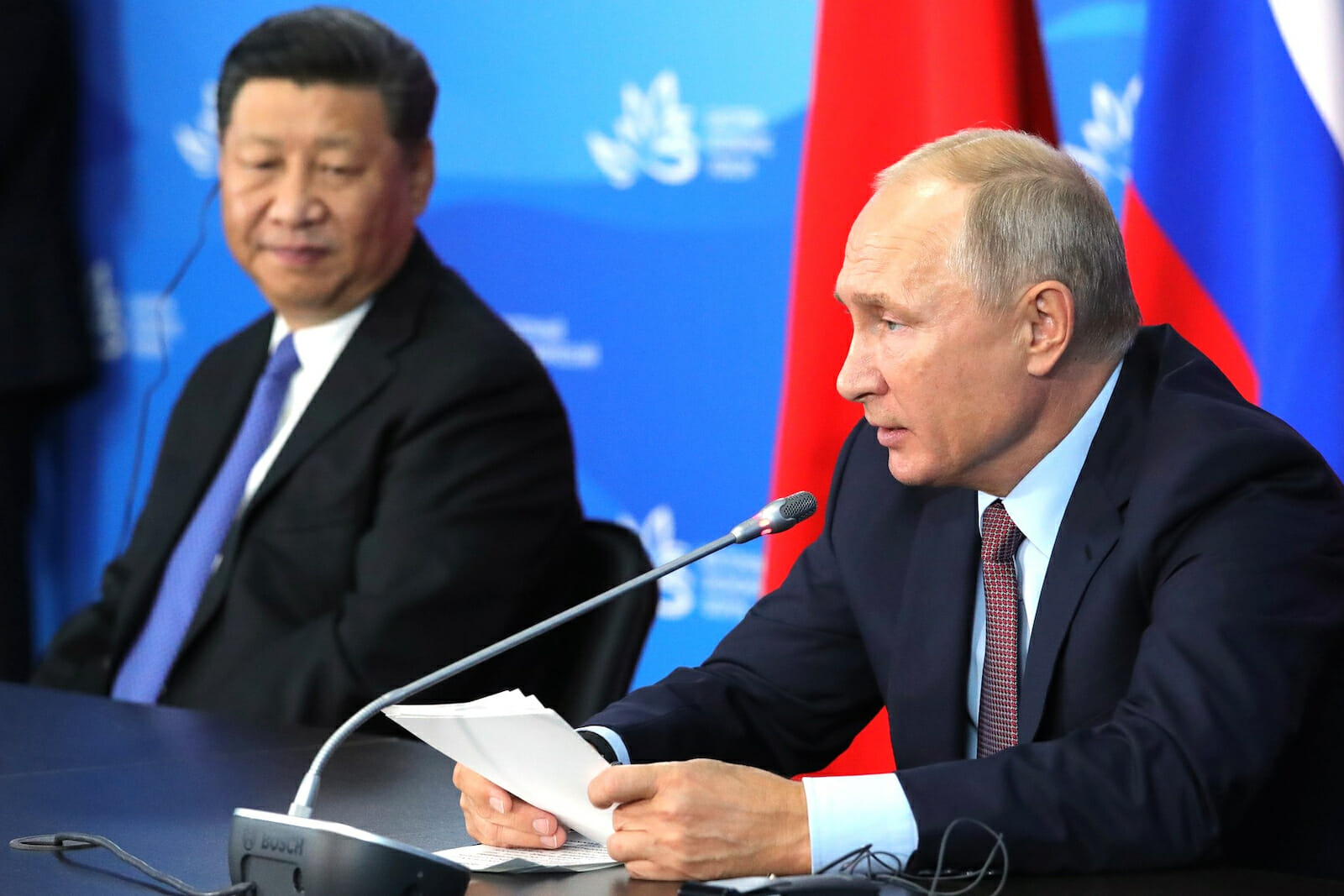
Power Plays: The Russian-Chinese Energy Deal
The Russian-Chinese energy deal concluded on May 21 has been treated as an ominous development for various powerhouses of the West. Over the course of 30 years, the $400 billion deal will involve piping natural gas from Russia’s Far East to China. Students of the energy markets are thrilled and troubled in equal measure, seeing links in the deal venturing as far as Ukraine’s crisis, and the broader implications of global supply and consumption.
There was initial scepticism that the deal would even have any wings. For almost two decades, the countries have stuttered along the path of energy politics, attempting to carve out their respective roles. Russia wants to sell; the voracious Chinese market needs to be satisfied. Anything, provided it is at the right price, will do. Chinese hunger for gas imports is evident in the figures, which show that between 2006 and 2013, gas demand tripled from 56 billion cubic metres to 169 billion cubic metres.
Such doubts were genuinely misplaced, with China set to receive some 38 billion cubic metres of gas under the deal over a thirty-year arrangement which will commence in 2018.
This did not prevent Russian President Vladimir Putin from observing that, “our Chinese friends drive a hard bargain.” He did stress, however, that “we managed to settle on contract terms that are not just acceptable conditions but actually satisfy both sides.”
Erica Downs of the Brookings Institution argues that the deal has made it an imperative for European states “to diversify their gas imports away from Russia.” So do the Russians in terms of finding export markets, notably in the current climate of EU-Russian hostility. Frustrated, and potentially fickle customers, are bad for business and the ploys of realpolitik. Russia’s gas giant Gazprom has kept watch on Europe’s roving eye in terms of finding other suppliers, and the Chinese arrangement, in that sense, is nigh perfect. It provides Moscow’s energy functionaries an outlet to sidestep any dependency. If you threaten us with divorce, we have other spouses to keep us busy.
Till now, East Asia, and more specifically, China, has been less of a fascination for the Russian energy sector than a hungry Europe. The relationship has been, at best unimaginative. And like most relationships associated with energy supply and consumption, it has proven tense. European consumers have made no secret of the fact that a disentanglement from Russia’s energy embrace is desired. Added to this is a development imperative, an arrangement that could offer options for developing the Russian Far East, a much-neglected part of the huge state. A huge investment will be required, but it is a gamble Putin is willing to take.
Beijing, by way of contrast, is not merely seeking a more sophisticated range of energy options; it is also concerned to engage in what Premier Li Keqiang has called a “war on pollution.” Natural gas is seen as a vital weapon in the enterprise. Growth, but at a price not so bruising to the environment, has been on the reform agenda for some time.
The other side of the deal is what it will do to other exporters. The United States, and its response, is entirely pertinent in this regard. The shale gas revolution did not only wean the US off any pending sense of energy dependency; it turned its eyes towards becoming a key supplier of natural gas to the East Asian region and Europe. Even President Barack Obama would claim in 2012 that the US was becoming “the Saudi Arabia of natural gas.”
That said, it was, according to some commentators, slow in building an export capacity in liquefied natural gas (LNG). Of thirty-one applications for an LNG export license since 2011, seven have been approved, and six conditionally. And prospects for the market are shrinking, given the increased costs of shipping gas via tanker once it is liquefied. Without that valuable access to piping infrastructure, the US is at a distinct disadvantage relative to Russia. Other consumer states will also be taking note.
The Russian-Chinese energy pact is Moscow’s announcement to Washington that it, too, has an interest in the Far East and Asian markets. A nervous article in The New American decided, in clichéd tones, to identify a Cold War mentality in the deal, noting the secret service pedigree of Gazprom’s managers and the shadow of the KGB. It had such works as Edward Lucas’s The New Cold War: Putin’s Russia and the Threat to the West (2009) to work with. “The New Cold War is in part a struggle for market share. Russia is building its clout as an energy supplier, while diversifying its customer base.”
Even as the Obama administration has dreams of curbing Chinese ambition in the Asia-Pacific with its now tired notions of a “pivot” to the region, the Russians are slinking along with sly resourcefulness. Other deals are bound to follow – with India, Japan, and South Korea. We have only seen the beginning, and other powers will be wary.

